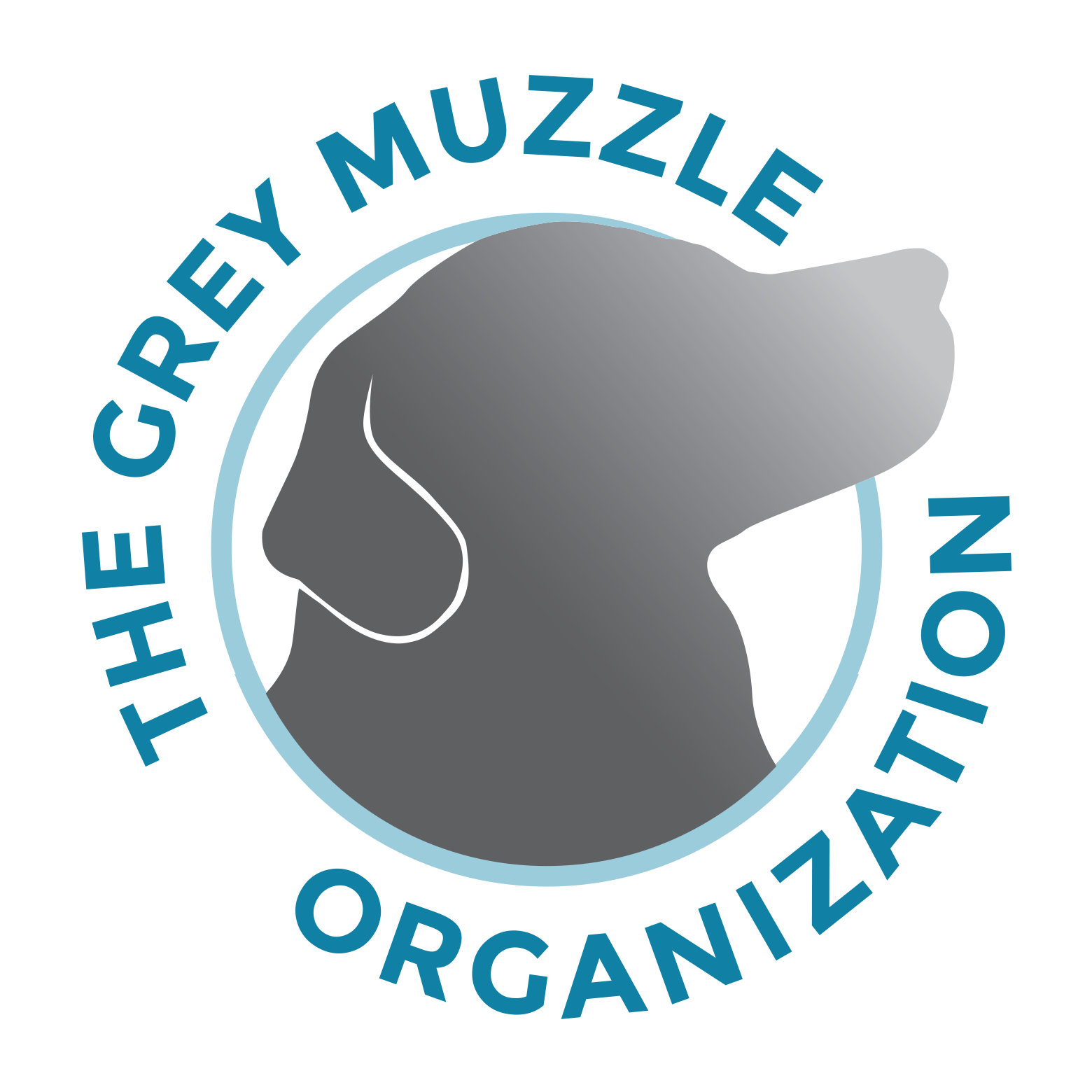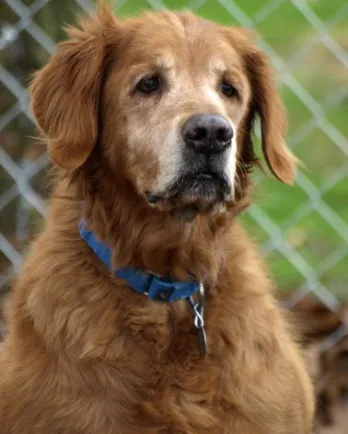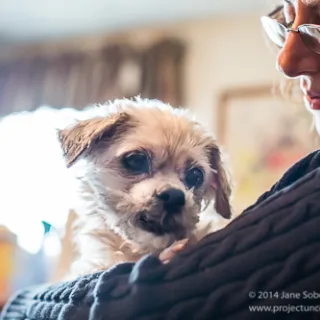The Grey Muzzle Organization: Helping Homeless Senior Dogs
Many senior dogs are abandoned when they need us most. The reasons vary — the family moves, the owner can't or won't provide needed medical care, the senior dog is considered not “fun” anymore — but the outcome is often the same. Senior dogs find it particularly difficult to survive in large shelters and deteriorate rapidly. They get stiff and sore lying on the concrete floors in shelters. They often need dental work or other medical care, which may be too expensive for shelters to provide. Their sad condition discourages adopters, who often pass by old dogs on their way to meet the puppies. Others are simply too ill or fragile to ever be placed for adoption. Having already suffered a life of neglect, many spend their final days without ever getting treatment for their pain or knowing again the comfort of a home.
The Grey Muzzle Organization is dedicated to changing this. It was founded in 2008 with the goal of a world in which no old dog dies alone and afraid. That year, a little Dachshund named Ellie — who had probably been used for her entire life by a puppy mill — was among the first dogs to spend her remaining years in a loving foster home with help from a hospice grant from Grey Muzzle.
Who Grey Muzzle Helps
Over the past six years, Grey Muzzle has improved the lives of hundreds more homeless and at-risk senior dogs by providing funding and resources for senior dog programs through animal shelters, rescue organizations, sanctuaries, and other nonprofit groups nationwide. Grey Muzzle funds are used for a variety of programs designed to improve the health of homeless senior dogs, increase their chances of being adopted, keep them out of shelters and in their own homes, and enable them to live out their final days with comfort and dignity. It has awarded more than $420,000 in grants and has supported over 50 senior dog programs in 27 states. In addition to its program grants, Grey Muzzle also offers education and outreach to senior dog owners and rescues, and maintains a Bed Fund that has disbursed more than $33,000 in orthopedic bed donations to 133 nonprofit shelters around the country.
The organizations that receive support from Grey Muzzle are all nonprofits with a commitment to senior dogs, and all are carefully evaluated prior to selection. Each program offers or seeks to develop an effective, and often innovative, way of keeping senior dogs in its community from having to spend their final days alone in a shelter, in fear or in pain. For example, K9 Kokua, a nonprofit helping the dogs of Hawaii’s homeless, has used a Grey Muzzle grant to provide veterinary care to senior dogs during medical beach rounds. And, Florida's Pet Alliance of Greater Orlando recently added veterinary services to its Pet Food Pantry program through a partnership with Grey Muzzle, thus ensuring that more senior citizens can afford to care for their senior companions.
As Grey Muzzle grows, more organizations are added as grantees every year. This past year, Grey Muzzle has welcomed 18 brand new grantees, with several new states (including Alaska, Hawaii, Kentucky and Montana) now represented.
Grants for Homeless Senior Dogs
Through these grants, Grey Muzzle encourages the formation of new nonprofit organizations and programs that meet the special needs of senior dogs in addition to helping sustain existing ones. When Bob Jachens of German Shepherd Rescue of Northern California was inspired in 2009 to start a rescue and hospice program for elderly and special needs German Shepherds, he turned to Grey Muzzle for start-up funding. Five years later, Grey Muzzle continues to provide Thulani Dogs with annual grants to help with veterinary care. In Washington, Saving Pets One at a Time (SPOT) was able this year to establish—with Grey Muzzle's assistance—a foster-based sanctuary for senior dogs with significant health issues or disabilities.
Medical grants enable Grey Muzzle's partner programs to address health issues in dogs that would otherwise make them unadoptable. With one such a grant, Virginia Beach SPCA was able to give Ginger, an 11-year-old Poodle/Terrier mix, a second chance in an adoptive home following treatment for heartworm, a tumorous growth and dental disease.
Permanent foster and hospice grants allow shelters, rescues and sanctuaries to give dogs with life-threatening or chronic illnesses time to heal or a safe and loving home to spend the rest of their lives. Blind Dog Rescue Alliance (BDRA), for example, offers permanent foster homes to visually-impaired, elderly and special needs dogs. Debbie Marks, a BDRA volunteer who has cared for multiple "forever fosters," says,"I love BDRA for taking them in, and I love The Grey Muzzle Organization for helping us to do that.”
Funding for seniors-for-seniors adoptions, pet pantry or "Ani-meals" programs, and senior therapy dog training helps transform not only the lives of senior dogs by taking and keeping them out of shelters, but human lives as well. Grey Muzzle grantee organizations with seniors-for-seniors and senior citizen pet pantry programs attest to the importance of dogs to the health and well-being of their senior owners and adopters. And senior therapy dogs making the rounds at hospitals and nursing homes both find a purpose in their final years and bring immeasurable joy to the people that they visit.
How to Help
Grey Muzzle's grantees, volunteers, and other supporters share the belief that senior dogs are to be cherished, and deserve our care through all stages of their lives. There are many ways to become a Grey Muzzle supporter: by volunteering, spreading the word - even just making a purchase. To help ensure that more dogs are saved and they get the care they need, you can make a tax deductible donation here.
You can find out more about the shelters, rescues, and sanctuaries that receive Grey Muzzle grants at Who We Help and read stories of some of the dogs who have gotten a second chance through Grey Muzzle on our Meet the Dogs page.




